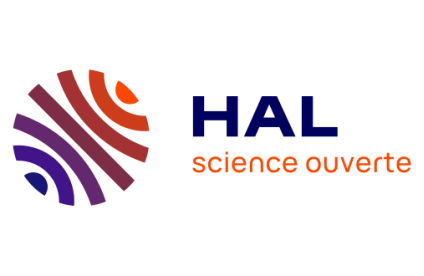News

Louis de Fontenelle, coordinateur du projet JPEC, lors de la réunion de lancement du projet le 9 janveir 2024 à Paris.
© BRGM
Challenges and objectives
The JPEC project "Justice pathways for extractive and critical minerals" will study how changes in mining law can be used as a means to promote energy transition and sustainability at European and international level. The emergence of new technologies that can exploit underground spaces and the growing demand for the mineral resources contained in the subsurface mean that we need to define the conditions for the responsible and sustainable use of the latter.
The development of subsurface activities is currently part of a French and European "mining revival" strategy. Starting in 2021, French mining law underwent a wide-ranging reform with the adoption of Act 2021-1104, known as the "Climate and Resilience Act", which was then amended with the adoption of four decrees in 2022, completing the overall legal framework. While this reform modernised French mining law, notably by taking environmental issues and public involvement into greater consideration, there are still many outstanding legal questions surrounding the use of the subsurface. At European level, the European Commission has announced the adoption of several measures, including a European regulation dealing specifically with critical raw materials. The public authorities want to speed up the revival of the mining industry, notably in order to meet the challenges of securing supplies of critical mineral resources.
It is therefore important to study the existing legal situation, but also to consider emerging areas of regulation and understand the legal issues involved (responsibility in terms of mining activities, sustainability of supply chains, duty of care, etc.). The project's research – approached from a legal perspective and through the prism of the concept of justice – will focus on three areas: the study of the specific nature of the legal frameworks relating to the subsurface and its components, the study of regulations applicable to mining projects, and the development of a territorial, cross-disciplinary approach to science.
- Research area 1: Specific nature of subsurface resources, and how this affects regulation and mining policy
- Research area 2: Sustainability of mining activities
- Research area 3: Territorial, cross-disciplinary approach
Expected results
Against the backdrop of the challenge of securing the supply of critical materials, the project will provide useful analyses on which to build future European mining law according to a comparative and international approach.
One of the main original features of the work carried out as part of the JPEC project will be to analyse French and European subsurface regulations, while also identifying possible future changes.
Co-managers
Louis de Fontenelle, Senior Lecturer in public law at the University of Pau and the Pays de l'Adour, JPEC Project Coordinator
Louis de Fontenelle is a member of the UMR TREE, which was created on 1 January 2021 to specifically conduct interdisciplinary studies concerning the energy and environmental transitions. His research focuses on legal and judicial questions linked to ecological transitions, in particular energy, sustainable mobility and natural resources. He is also interested in the how the human and social sciences can contribute to technological innovation.
Florian Leprovost, Legal Counsel specialising in environmental and mining law at BRGM, co-coordinator of the JPEC project
As a member of BRGM's Mine Safety and Risk Prevention Department (DPSM), Florian Leprovost works on issues such as abandoned mine waste, hydraulic and safety installations and gallery closures.
Partners

The project partners will be supported by a wide-ranging scientific committee, whose members include:
- Martha Roggenkamp, Professor Emeritus at the University of Groningen
- Philippe Billet, Professor in Public law at Lyon 3 University and Director of the Lyon Institute of Environmental Law
- Brunessen Bertrand, Professor in Public Law at the University of Rennes 1 and Scientific Director of the Jean
- Monnet Chair in European Law on Data Governance
- Christophe Krolik, Professor in Law at the University of Laval (Canada)
- Aude Farinetti, Senior Lecturer in Public Law at Paris Saclay University
- Blanche Lormeteau, Researcher at CNRS
- Thomas Schellenberger, Senior Lecturer in Public Law at Haute-Alsace University
- Maylis Desrousseaux, Senior Lecturer at the Paris School of Urban Planning








